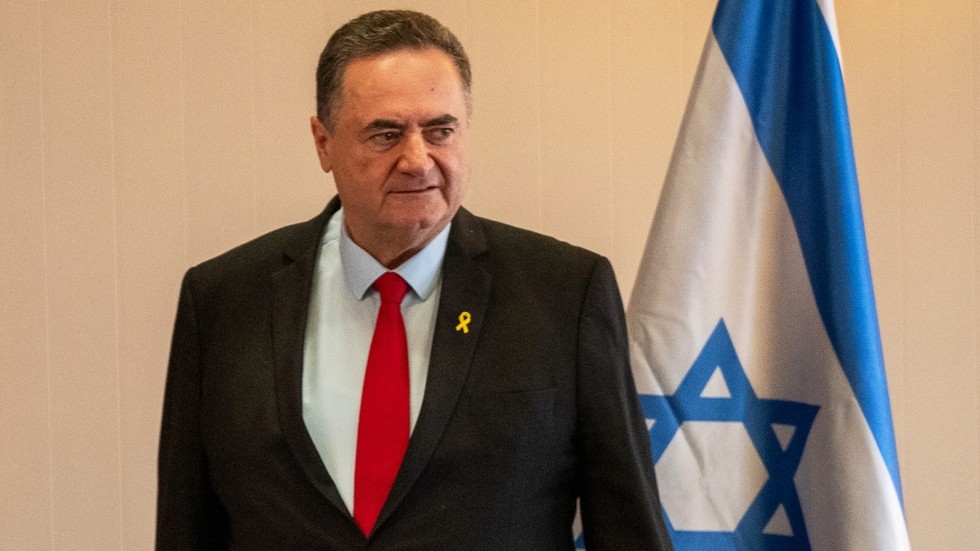In a recent escalation of tensions between Israel and France, the French government, under President Emmanuel Macron, announced a ban preventing Israeli firms from participating in the Euronaval exhibition scheduled for November 4 to 7 in Paris. This decision has drawn sharp criticism from Israeli officials, including Foreign Minister Israel Katz, who characterized the move as “undemocratic.” Katz indicated that he has directed his ministry to explore legal and diplomatic avenues to challenge France’s decision, stressing that such boycotts between friendly nations are unacceptable. He underscored Israel’s pivotal role in combating the influence of Iran and radical Islamic groups, urging that France should support Israel, rather than impose restrictions.
The backdrop of this diplomatic friction includes a series of military confrontations and political tensions in the Middle East, particularly the escalating conflict involving Israel and Gaza, which has also involved Lebanon. The trade show’s organizers revealed that the French government had explicitly barred Israeli delegations from displaying their equipment, a situation reminiscent of a previous instance in June when a French court prohibited Israeli participation in the Eurosatory arms fair—though this ban was later overturned by an appeals court. Security concerns, coupled with rising political pressure within France over its arms dealings with Israel amid the ongoing military actions, appear to be influencing the government’s stance.
Israel’s Defense Minister, Yoav Gallant, echoed Katz’s sentiments, expressing outrage over what he termed an act that strengthens Israel’s adversaries during a time of conflict. Gallant contended that Macron’s actions tarnish France’s national reputation and contradict the principles of the free world that Macron stands to defend. The Israeli leadership is adamant in framing the ongoing military operations as a justified defense against external threats, insisting on the importance of international solidarity against what they perceive as a shared threat posed by hostile entities like Iran.
Macron’s recent statements have further compounded diplomatic friction, especially his call for the United States and the European Union to halt arms deliveries to Israel. He emphasized the need for a political resolution to the ongoing crisis, warning of a possible escalation that could turn Lebanon into a conflict zone similar to Gaza. This appeal has provoked a robust response from Israeli Prime Minister Benjamin Netanyahu, who rebuffed Macron’s calls for restraint, asserting that Israel’s military operations will continue irrespective of external pressure. Netanyahu’s stark rebuttal underscores Israel’s determination to proceed with its military objectives, portraying them as essential for national security.
Moreover, the reactions from Israeli officials illustrate a broader context of frustration amidst what they perceive as a lack of understanding or respect for Israel’s security concerns from the French government. The diplomatic rift is reflective of wider tensions regarding international perceptions of Israel’s military policies and human rights considerations. The ban on Israeli participation in defense expos signals a shifting sentiment within France, possibly influenced by domestic public opinion that has increasingly advocated for greater accountability in regards to arms trade with Israel.
In conclusion, the ongoing diplomatic spat over the Euronaval exhibition encapsulates the complexities and sensitivities surrounding Israel’s military operations and international arms relations. The interplay between France and Israel illustrates a broader pattern of political alignment and contention, particularly as nations grapple with evolving geopolitical dynamics in the Middle East. As both parties navigate this contentious landscape, the potential for further diplomatic dialogues or escalations remains a significant consideration for regional stability and international relations in the foreseeable future.

